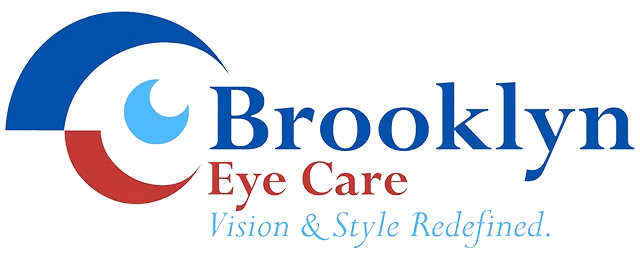As we age, it is normal and expected that our focusing system will become less flexible and result in difficulty looking at things up close. To fix this common issue, reading glasses are abundantly available and frequently used.
What are Reading Glasses?
Reading glasses are glasses that have a specific prescription power in the lenses that is designed to magnify small print when looking at the print up close.
These glasses are not designed to be used to look far away and things may be blurry if looking in the distance through reading glasses.
Most reading glasses are made with a single power throughout the entire glasses lens that is typically a positive number, ranging between +0.75 and +3.00.
The power number of the reading glasses determines how strong the reading glasses are and is important when considering which reading glasses to use.
Reading glasses can be purchased without a prescription and are sold as an over-the-counter product in many pharmacies, retail stores, and optical stores.
What Do Reading Glasses Help With?
Reading glasses can help with blurry vision at near, with seeing small print, and with having to hold things too far from your face.
Everything that reading glasses are designed to assist with is based on the focusing system of our eyes.
When looking at something very close or very small, the eyes must work harder to focus and clear the image.
Reading glasses allow the eyes to see clearly without working or focusing as hard or as much.
When Should I Get Reading Glasses?
Usually around the age of forty to forty-five, people will begin to notice a slight decrease in their near vision.
This may not be particularly bothersome, especially if the individual is not doing lots of detail-oriented work.
However, by the age of fifty to fifty-five, the decrease in near vision is usually affecting some aspects of daily life.
If you are unable to read print on a prescription bottle or in the nutrition section of a food label, if you have to hold your phone or a book at arms’ length or further, or if you begin to get headaches quickly after reading, you may benefit from reading glasses.
While age is a large determinant of when reading glasses will be needed, other things including whether or not an individual needs to wear glasses for the distance can impact when reading glasses will be needed.
Other Options
While over-the-counter reading glasses provide an excellent solution for many people who are having trouble with near vision, there are some cases when over-the-counter reading glasses are not the best or only solution.
If an individual has large amounts of astigmatism or nearsightedness, over-the-counter reading glasses may not provide clear vision and special-order reading glasses, or bifocals may be needed for the best vision.
Bifocals or no line bifocals can be an alternative for anyone who does not wish to have to take the reading glasses on and off for distance and near viewing.
If cataract surgery is needed, an implantable lens with multifocal focusing ability may also eliminate the need for reading glasses altogether.
To determine the best solution for you, consult your eye doctor and have a comprehensive eye examination.

